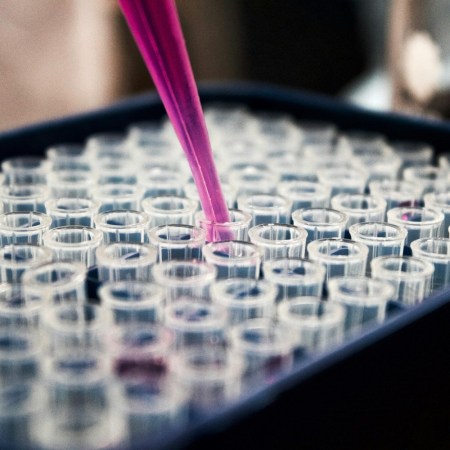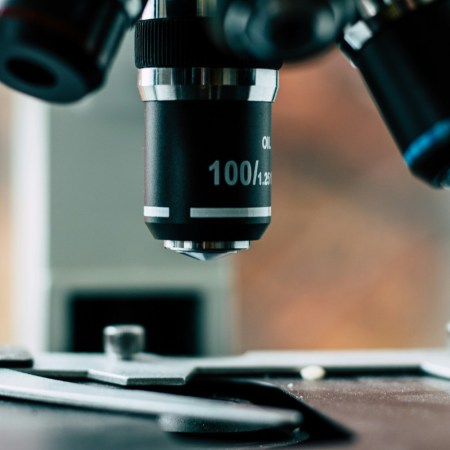Americans aren’t sold on artificial intelligence.
Studies and surveys from the last five years or so indicate general distrust in technologies like facial recognition, targeted ads, smart home devices and banking apps, even as many consumers have come to rely on such services for convenience reasons. (It’s easier for Americans to express their skepticism for those “moonshot” A.I. projects that haven’t hit the mainstream yet…like self-driving cars.)
Why are we all so suspicious? Well, you might blame those viral clips of Boston Dynamics dogs, or that McKinsey report that predicted A.I. will take 800 million jobs from the global workforce by the year 2030. Many of us are hard-wired to associate robotics with destruction and displacement.
But consider the flip side: Boston Dynamics (and five other leading firms) recently signed a pact pledging to never “arm” its robots, while the World Economic Forum has estimated that A.I. will actually create more jobs than it replaces over the next several decades — with a capacity to generate 100 million new jobs by 2025.
Americans shouldn’t fear A.I., so much as they should rue the human beings A) looking to weaponize it or B) unwilling to adopt it. When A.I. is used for good, to achieve sustainable solutions in our personal or professional lives, it’s a remarkable asset. No matter what Terminator taught us as children, it will not wake up one day and decide to subjugate us all.
For Americans to learn to trust A.I., they’ll likely need evidence of services a little more groundbreaking than an eyeball-activated lock screen. Health is one fertile and highly personal sector. According to a recent report by NPR, the National Institutes of Health is sourcing funds from its Bridge to AI program to create an app that will scour human voices for potential sickness.
Four years from now, the NIH — with assists from a dozen university labs across the country — hopes to have a database of at least 30,000 voices, which its specialized A.I. will know inside and out. As the system masters intonation, cadence, slurs, laughs, coughs, pauses, you name it, it will learn to cross-reference that information with pre-identified conditions like “neurological disorders, voice disorders, mood disorders, respiratory disorders and pediatric disorders like autism and speech delays.” From there, it can establish patterns and reach its endgame: issue diagnoses.
This could be a potentially mind-blowing advancement in precision medicine. Imagine a machine capable of identifying one’s risk for anything from respiratory illness to Parkinson’s, simply using voice recognition software. You could get to the doctor well ahead of time, and figure out how to proceed with an actual runway. And that machine doesn’t have to look like IBM Watson. After some time, this sort of A.I. could be standard fare on our smartphones.
Wariness is a good idea as we delve into unknown technologies…so long as it doesn’t morph into unchecked suspicion. Don’t lose your voice worrying about A.I. just yet — 10 years from now, the technology could save your life.
The Charge will help you move better, think clearer and stay in the game longer. Subscribe to our wellness newsletter today.


















